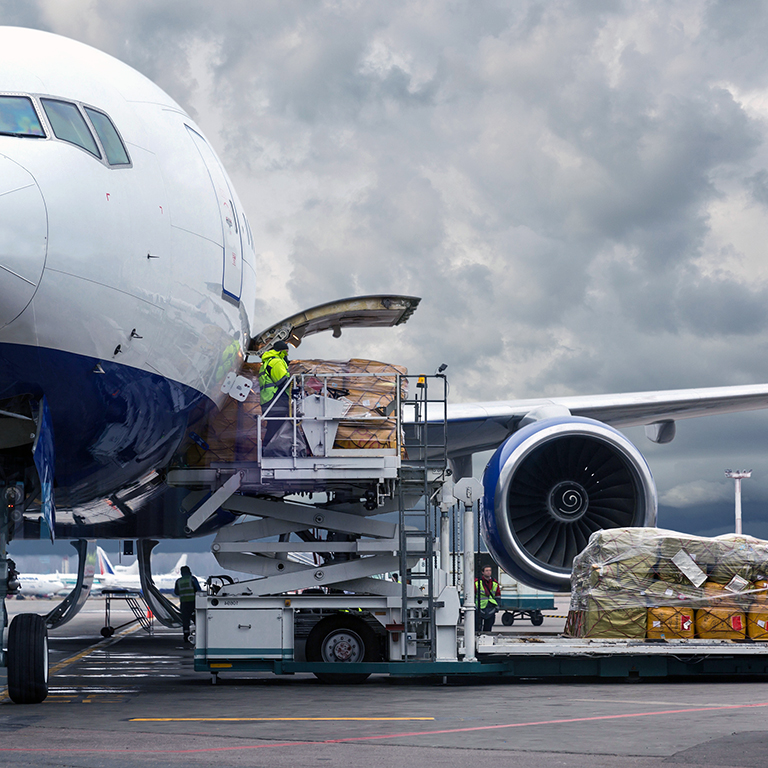
Vera Witkovsky
U.S. Airport Practice Leader
-
United States
The airport of today is focused beyond improving the passenger experience and operational efficiencies. It now encompasses smart security and green initiatives, while continuing to push for revenue growth.
Protecting and unlocking new growth possibilities
Marsh has created a dedicated Airports Group to provide industry-leading thought leadership, data-driven insights, and actionable intelligence to our clients.
Our mission is to help you better manage current risks and anticipate emerging risks, objectively assess the impact of risk on your business, and contribute to the development of a risk management philosophy that is appropriate for and responsive to the airport sector’s new trading environment and the global risk landscape’s ongoing volatility.
By leading with a “risk before insurance” approach in supporting airports worldwide, we take a holistic view to understand, manage, and mitigate your risks and leverage knowledge and experience from across Marsh McLennan's businesses.
You can rely on our sector expertise built on risk management leaders within the airport industry and our specialist airport hubs in every region.

Expertise
27/03/2023
Introducing Marsh Airport Group
Providing leading risk advisory and insurance solutions for the global airport industry.
Although the ranking of the key risks and challenges for airports varies by region, owners and operators are consistently addressing ESG issues, the build out of automation and digitisation programs, the optimisation of airport infrastructure and capacity, physical and cyber safety and security, and strategic workforce planning.
COVID-19 has led to a fast track in innovation at airports and the necessity to adopt smart technologies in order to provide a safe and contactless environment for passengers and the wider airport community.
With this drive towards digitalisation, airports have effectively changed their risk profile. Their greatest exposures have shifted away from physical terminal assets to a new world of digital assets and online risks. They need to ensure that they evolve their risk methodology and reassess their fitness for a post–COVID-19 digital era of travel.
Climate change has the potential to affect airports’ business through physical, transitional, and regulatory changes. Airports should prepare and respond by understanding and minimising direct and indirect impacts associated with climate change, cost-effectively reducing energy and greenhouse gas emission levels, and meeting relevant regulatory requirements.
Possible mitigation strategies include carbon-offsetting, incentives for fuel-efficient aircraft or electric aircraft, sustainable water and waste management policies, and sustainable energy consumption policies.

U.S. Airport Practice Leader
United States